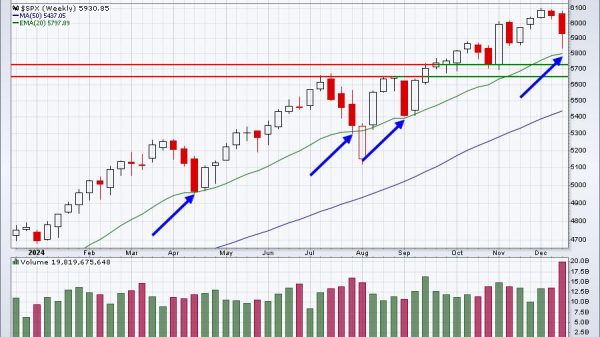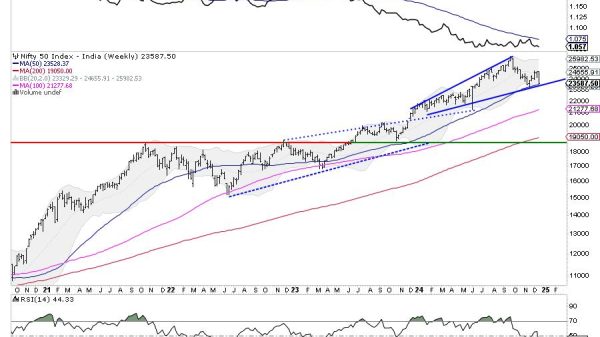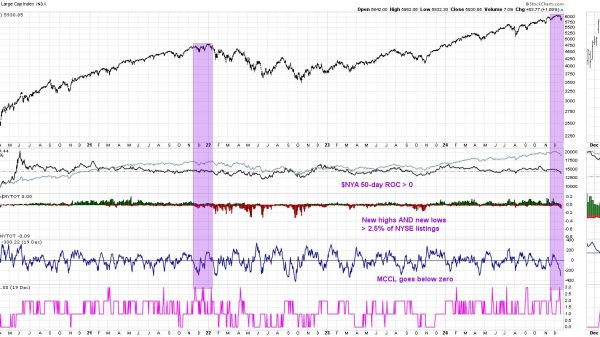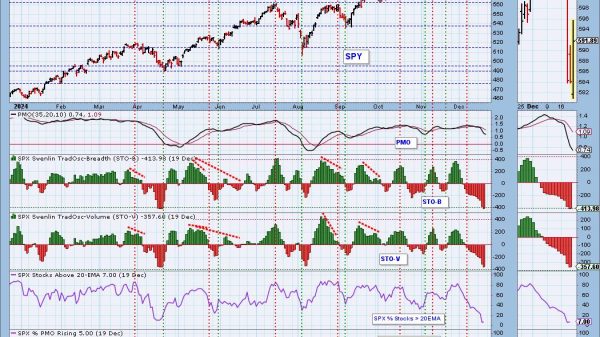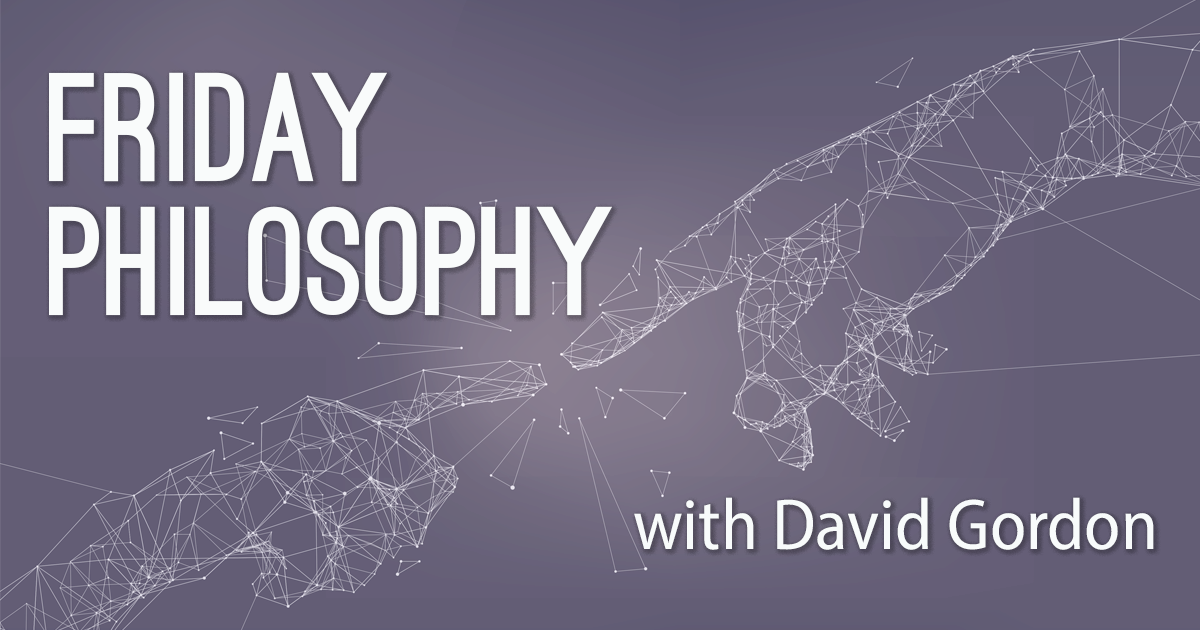Critics of the free market often aim at the wrong target. They assail the market for “failures” that are actually the result of government intervention in the economy. In this week’s column, I’d like to discuss an example of this mistake in Angus Deaton’s Economics in America (Princeton, 2023).
Deaton was the winner of the 2015 Nobel Prize for economics, about which he says:
As many previous recipients have reported, the experience is both exhilarating and overwhelming. I often think of the story of the dog that liked to chase buses but had little idea of what it would be like to catch one. The Nobel is not just catching the bus but being run over by it. Over and over again.
As you will have gathered, Deaton is very funny. In a section of the book called “Trying to Be a Good Hip-Op Consumer,” he says about his first hip-replacement surgery:
So, when I was advised in June 2006 that I needed a hip replacement, a routine procedure but one classified as medium risk, I was apprehensive on both financial and medical grounds. The mortality rate is about 1 percent within ninety days of surgery, about a fifth of which is associated with unpredictable deep vein thrombosis, familiar to long-haul airline passengers as “economy-class syndrome.”
Though he is humorous and often insightful, his animus against the free market leads him astray, and this fault is nowhere more in evidence than in what he says about the American healthcare system. In his view, it combines the worst features of private and public systems and as a result is far more costly than healthcare systems in other advanced countries. The main failing of the American system lies in insurance. Because operations and hospital stays, especially for catastrophic events, can be extremely costly, almost everybody needs insurance. But, as Kenneth Arrow, the greatest of all healthcare economists, claims, the free market cannot provide adequate health insurance. The young and healthy will avoid buying insurance because in their judgment the costs of the premiums exceed the benefits they expect from the policies. As a result, those who buy insurance will tend to be older and less healthy, and insurance companies will respond by raising the premiums. They will do so because as the vulnerability of their clients increases, there is a greater chance that they will have to make payments.
Thus, a cycle of ever-rising premiums threatens to continue until the system collapses. This problem is called “adverse selection” and it must be solved either by requiring universal coverage or by a government takeover of healthcare.
Deaton’s argument rests on a questionable assumption. Why should we take for granted that in a free market without government intervention, medical insurance would play the dominating role that it does at present? Deaton’s answer is obvious: without insurance, people who suffer medical emergencies would be confronted with enormous bills that they couldn’t pay. He says:
The nearly 10 percent of the American population that has no insurance is charged the much higher or “charge-master” price. [Uwe] Reinhardt gives the example of someone who spends many years paying off a debt of $30,000 for a procedure that would have cost Medicare $6,000. Hospital debt procedures involve relentless persecution by collection agencies.
But the present system is one with extensive government regulation and control, not a genuine free market. Why should we think that things would be as bad as they are now in the free market? Deaton recognizes that there is some force to the free market argument. He says:
There are arguments for the free market case. If there were no subsidies and no government programs, we would benefit from the fierce and effective cost control that competitive markets yield for other technologically complicated commodities, like TVs or phones. The absence of government might also help eliminate the gigantically expensive industries that live off and lobby for government favors and government programs.
But Deaton thinks that these arguments fail to make a strong case for free market healthcare. They cannot overcome the problem of adverse selection in the insurance market. This reply, though, assumes just what is at issue in the argument about free market medicine, that a free market in healthcare will fail because it cannot overcome the problem of adverse selection in medical insurance for catastrophes. But is this so? On the one hand, if medical costs were lower, insurance premiums would also tend to be lower. Even the young and healthy might find it advantageous to purchase such policies. In that case, the spiral of adverse selection which Deaton fears would not occur. On the other hand, medical costs might fall to an extent that most people wouldn’t bother with insurance policies at all. If so, adverse selection might still exist, but this would just be a reason to think that the market for medical insurance would be limited, hardly a major social problem.
One limit to my argument should be acknowledged. I haven’t proved that either of my optimistic scenarios would occur in a free market but have merely suggested reasons that they might happen. But even if this is kept in mind, Deaton’s case against free market medicine still fails because he has assumed that conditions in a free market would be close to what they are now. The most he is entitled to assume is that they might be, not that they would be.
Deaton might respond that even on my optimistic assumptions, the case for the free market is flawed. Wouldn’t some people in a free market still face large medical bills they cannot afford to pay? That is indeed likely, but in that case, it would be up to private charity to help them. There is no right, in the sense of enforceable duty, to provide medical care to people in a libertarian society. To say this does not at all commit one to a “social Darwinist” view that it is better that the weak and vulnerable perish. To the contrary, there are in my view strong moral duties to help the unfortunate. But you can’t use force to require people to fulfill these duties.











